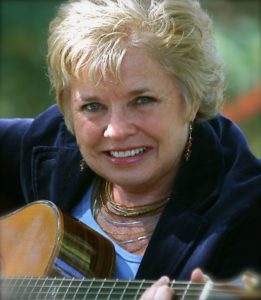My wife and I had the pleasure of spending Labor Day weekend in the Charleston, SC area. Besides some great time with family and enjoying Folly Beach, we also did a tour of Charleston led by a guide named Alphonso Brown. Mr. Brown is Gullah. Know what that means? He is part of the Gullah culture, also known as Geechee, who are descendants of West African slaves who speak a sort of Creole English, or Pidgin — and have done so for generations. There is a lot of unknown about the origins of the Gullah people, but most scholars agree they can trace many of their roots to the country of Sierra Leone. The Gullah were concentrated for many years along the islands of the coastal Carolinas, Georgia, and extending into northern Florida. Since most of the islands have now been connected to the mainland by bridges and causeways, the Gullah have blended a little more into broader African American culture. The cities of Charleston and Beaufort, SC probably have the highest concentrations of Gullah speakers today. After an interesting tour of Charleston through the eyes of a descendant of slaves, I sat down for a few minutes with Alphonso Brown. You can find his book, A Gullah Guide to Charleston, below.
At the same time we were in South Carolina, I was reading a book called The Underground Railroad, by Colson Whitehead. In it Whitehead chronicles the odyssey of a fictional but real character (if you know what I mean) named Cora, and her harrowing journey from a pre-Civil War Georgia plantation toward an elusive freedom.
If you tend to romanticize life on a southern plantation, or simply realize you need to know more about what African slaves were put through, I recommend this book.
ALSO while I was in South Carolina (talk about convergence!), I heard on NPR of the passing of Vertamae Smart-Grosvenor, a onetime frequent contributor on NPR on things culinary and cultural. It turns out Vertamae was Gullah herself (she called herself Geechee, which up to that time was considered a pejorative term), and helped raise awareness of the Carolina Low Country.
So what if you’re a white South Carolinian grappling with the past, present, and future of the home state you love? I also sat down with long-time friend Liz Gilland, who, after a number of years living outside the sate, moved back to her native Conway, SC. She has since held public office on the regional level and is very invested in the welfare of the Low Country. I asked Liz to do some musing on her beloved Low Country.
No matter where you’re from, there are things to celebrate about your culture and your history, and things you’re…well, not very proud of. That’s the human experience. But we can ensure a brighter future only by learning from the past.










